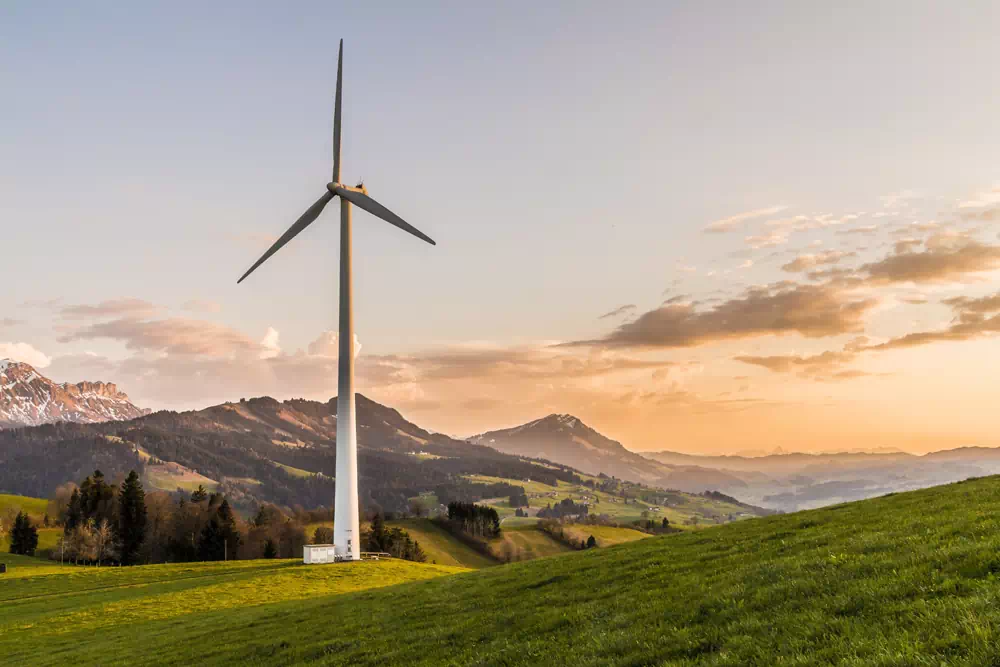2020, The Climate Decade
Entering 2020, Redwood Grove looks at climate change as a defining investment issue of the next decade. We highlight three key trends—declining low carbon technology costs, shifting public perception, and rising climate costs—that have reached tipping points, prompting major asset managers to recognize climate risks reshaping financial landscapes, with the potential for sustainable outperformance in climate-aware portfolios.
Three disruptive technologies in transportation that will meaningfully reduce emissions.
Redwood Grove explores the disruptions caused by electrification, shared mobility, and autonomous driving, highlighting companies such as Alphabet and General Motors as well-positioned for the shift. We outline our approach to portfolio construction, with a focus on investments in mitigation and adaptation strategies, as well as corporate leaders demonstrating awareness of the climate challenge.
Redwood Grove Capital’s Keynote Address at Climate Week NYC
Redwood Grove co-founder Ted Roosevelt presents at CFA Society of New York’s 2nd Annual Climate and ESG Owners Summit, discussing the vital intersection of climate science and investing. Ted shares his personal journey starting in research and trading, the realization of the inadequacy of backward-looking assumptions when accounting for the paradigm shift of climate change, and the urgent need for incorporating forward-looking scientific forecasts into investment models to make capital markets more climate aware.
Smart Cities and how the IoT will help increase resource efficiency
As a thematic, value-oriented public equity manager in the era of climate change, Redwood Grove outlines its dual investment process, emphasizing fundamental analysis and integrating the economic impacts of climate change. This letter shares our portfolio’s response to increased market volatility, and explores investment opportunities in smart cities and healthcare, particularly vaccinations, within the context of climate disruption.
Climate Bubbles and Value Investing
Our latest letter draws attention to the growing market inefficiency created by extreme weather. Drawing upon the example of the devastating impact of wildfires on PG&E’s financial health, we share how economic impacts extend beyond individual companies, affecting property values, taxes, and a state’s overall finances. We discuss the market’s historical blind spot regarding climate-related risks, and how our investing approach uses a contrarian, value-oriented approach to identify companies positioned to navigate these challenges.
Climate Change Risks Increase for Investors
Redwood Grove Capital reflects on the challenges of 2018’s volatile market, particularly on value stocks due to concerns about higher interest rates and an economic slowdown. We share our views on the undervalued position of Western Digital due to short-term cyclicality in the NAND markets, as well as investment opportunities arising from the PG&E bankruptcy, particularly in the renewable energy sector.
A Different Kind of Short-Term Risk
Our latest update looks at undervalued opportunities, particularly in the Industrial and Technology sectors, while addressing short-term risks like tariff and trade tensions. We discuss our focus on investments in companies contributing to both climate change mitigation and adaptation, leveraging technologies like Artificial Intelligence and internet of things (IoT).
Socialization of Climate Change
In this letter, we explore the socialized costs of climate change, particularly in the context of real estate and insurance. We share our portfolio’s climate themes, including low carbon technological innovations and changing consumer behavior, spotlighting General Motors as an example of a traditional company strategically navigating the shift toward a low carbon economy.
Climate Changes Economic Themes
Reflecting upon our learnings from our first year as a fund, Redwood Grove shares our central thesis: while traditional factors like business fundamentals and management are crucial, climate change remains a significant, yet unpriced risk in public equity markets. The letter delves into our portfolio themes, highlighting investments in companies poised for the transition to a low carbon economy.








